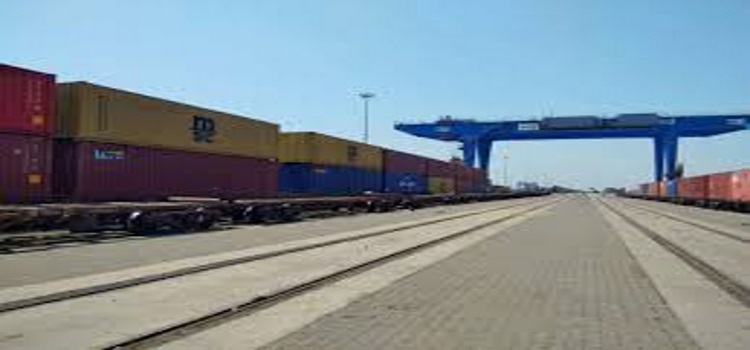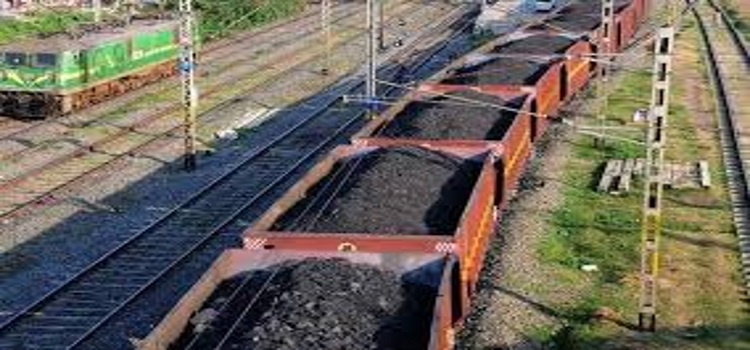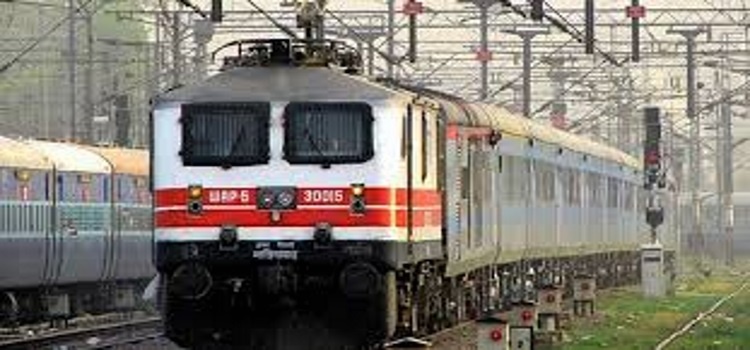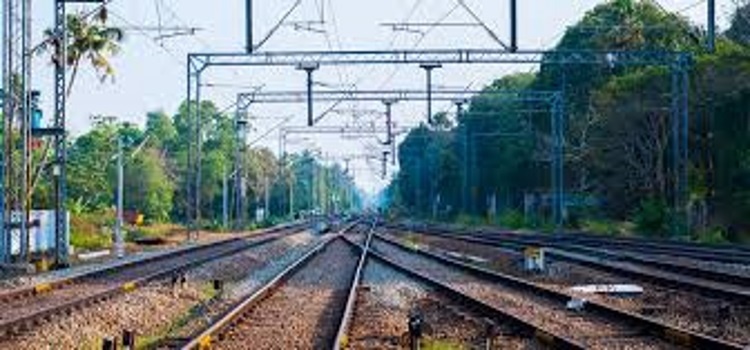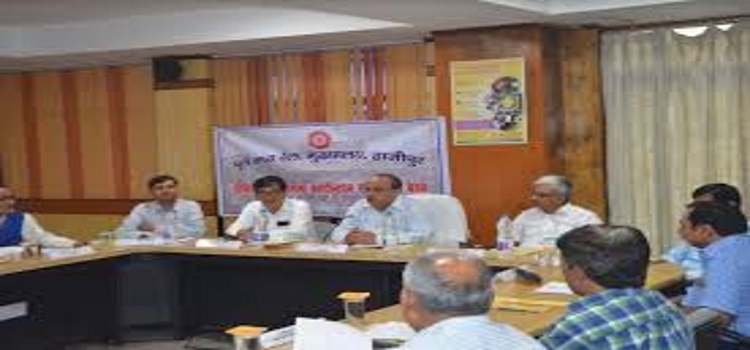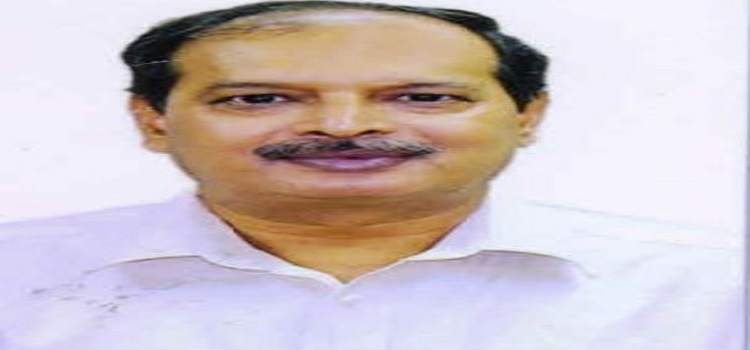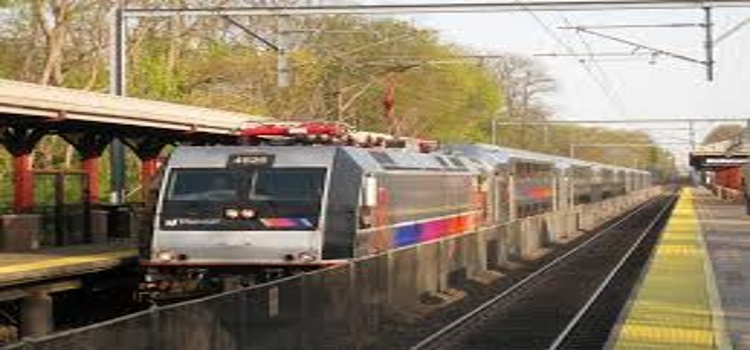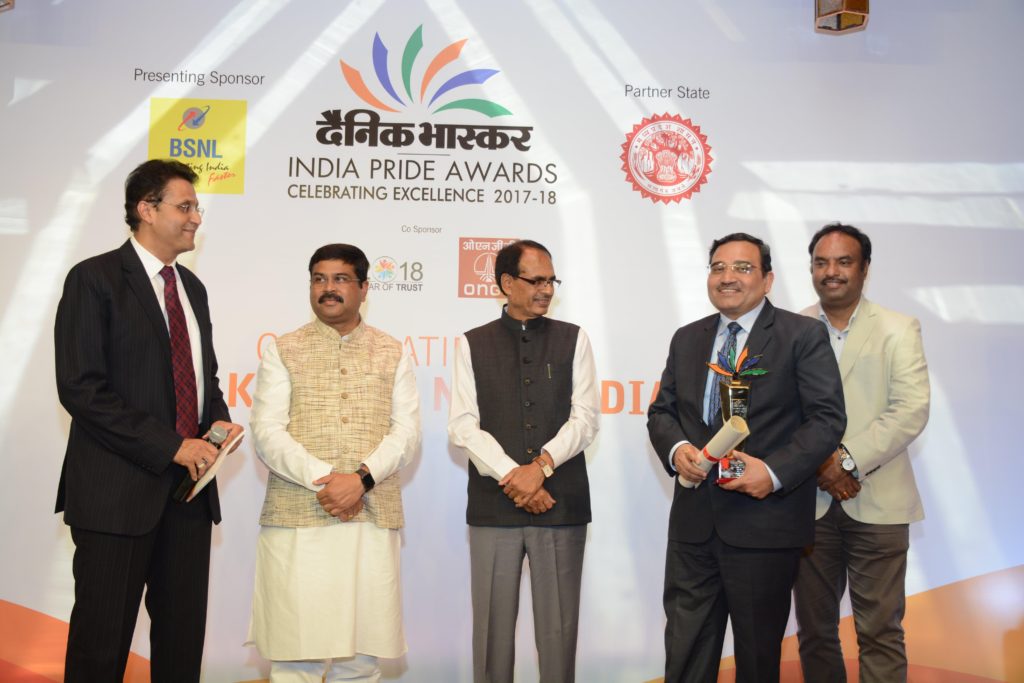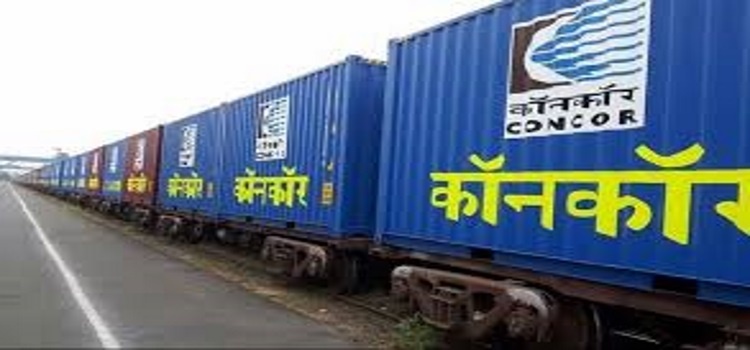
As Pakistan continues to object to India’s proposed trans-continent container train run from Dhaka to Istanbul citing security reasons, Indian Railways has changed its tracks and is set to run its first such train to Dhaka on Tuesday.
The 30-container train will carry food grains and other materials in its maiden run from Kolkata to the west of the Bangabandhu bridge in Dhaka. A container train loaded with over 1,100 tonnes of animal feed will leave Calcutta for Bangladesh on Tuesday morning on a trial run.
Passenger and goods trains run between the neighbouring nations but this is the first time a container train from India will go to Bangladesh, senior railway officials said.
Exporters’ forums had long been lobbying for container trains as they could save time and trade costs significantly apart from making trade safer and more organised.
Goods trains carry coal, iron ore, fertiliser, cement and other such freight with a longer transit time. Container trains are better suited for ferrying machine parts, chemicals, automobiles and consumer durables that involve a shorter transit time.
“If successful, the container service would have an impact on bilateral trade because it will drastically reduce the transportation time,” said Syed Abdul Rahman, the senior general manager (east) of Container Corporation of India Ltd (CONCOR), a PSU under the railway ministry. The logistics major will handle the container train movement between the two countries.
“Once established, the movement of container cargo is expected to transform the logistics pattern of movement of goods between the two countries,” Railway Board Member (Traffic) Mohammad Jamshed told on Monday.
Customs clearance will take place in West Bengal’s Ranaghat and Bangladesh’s Banga Bandhu via Darshana/Gede.
Currently, containers have to be sent by sea, through a roundabout route. It is much slower than what the rail route offers.
The thrust for the India-Bangladesh route for container movement comes even as Pakistan has put a spanner in the ambitious plan of a similar container movement from Dhaka to Istanbul through Pakistan and Iran, despite all parties being on board under the United Nations Economic and Social Commission for Asia and the Pacific and the route being ready.
Pakistan has refused to agree to container movement through the Attari border since last year citing security concerns. The Indian Railways has been given to understand that under the “present climate” of bilateral relations between the two countries, the matter would have to wait.
The Dhaka-Istanbul run was seen as India’s answer to China’s container train run to Europe.
According to the deliberations between India and Bangladesh, there is demand for de-oiled cake from Nagpur, sugar from Western Uttar Pradesh, rice and cement from Chhattisgarh, cotton from Ludhiana, clay from Rajasthan and even ready garments from Ahmedabad.
There is a demand for four 50 to 60-container rakes from India to Bangladesh, mostly bound for Chittagong port by rail and then further by sea route.
At present, the Bangabandhu rail bridge is unable to carry the load of these container rakes and there have been talks with Bangladesh for upgrading the service for seamless movement of the shipment till Chittagong port.
In the maiden run, the containers by rail will go till the Bangabandhu bridge and then cross over by road.
The railways has already obtained security clearances from the Foreign Secretary and the Ministry of External Affairs.
“At present, bilateral trade is largely road-based, mostly through the congested Petrapole border. The average time a truck takes to reach Bangladesh is a month,” said Rahman. More than 20 days are spent in customs clearance at the border.
“The train is expected to reach Bangladesh in 24 hours. Even if it takes two days, we will save ample time,” said railway officials.
The train will be flagged off at a CONCOR terminus near Majherhat station around 9.30am. It will travel 300km through Sealdah, Naihati, Ranaghat and Gede in India and Darsana and Ishurdi in Bangladesh before reaching Bangabandhu West station, 117km from Dhaka.
There will be a customs check at Ranaghat, said Rahman.
“The train will return empty, at least initially. But if the trial run is successful, the loss will be offset by the volume of export and reduction in time,” said Rahman.
“If the trial run is successful, we will run two trains a week,” said Rahman.
